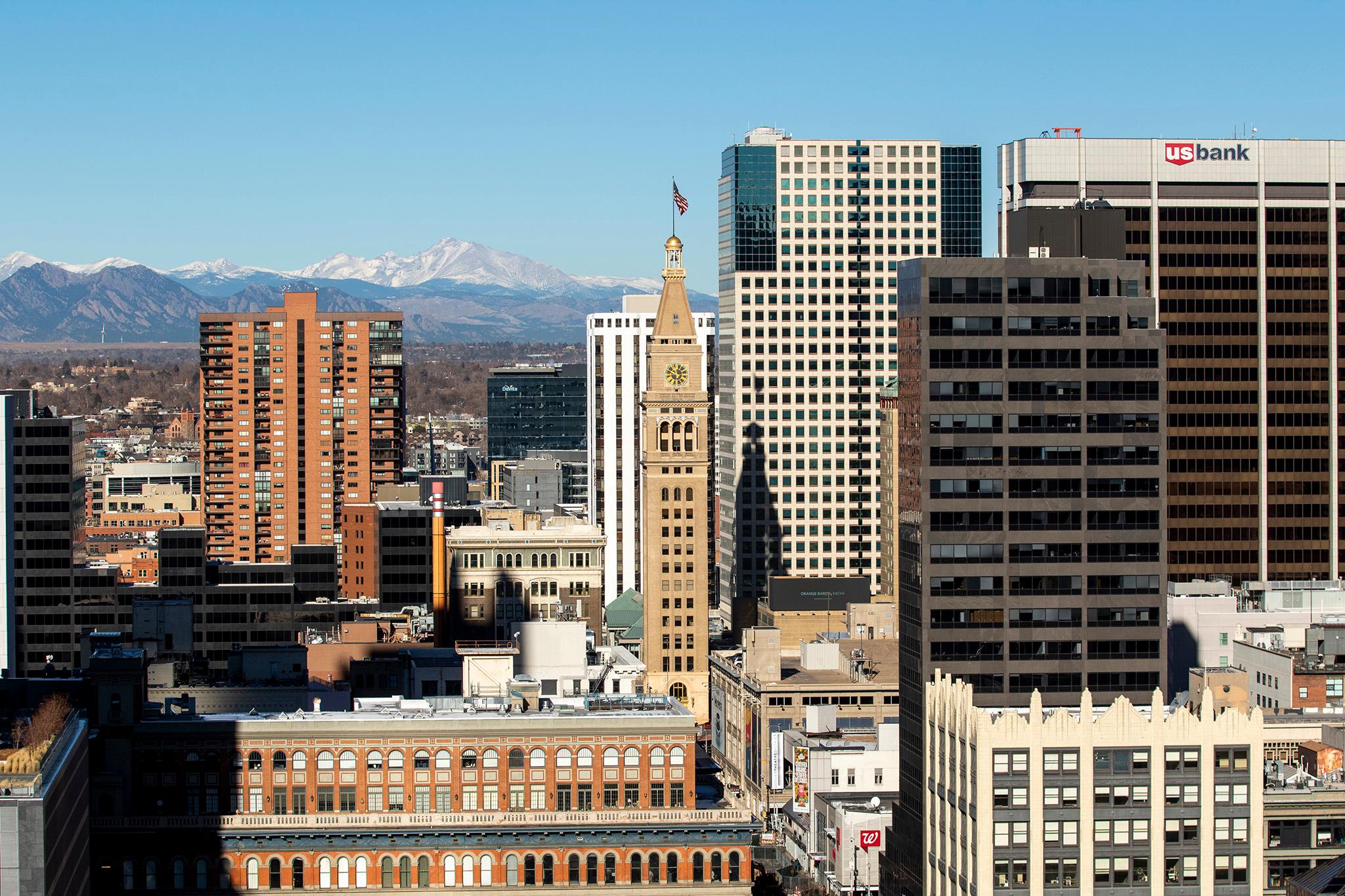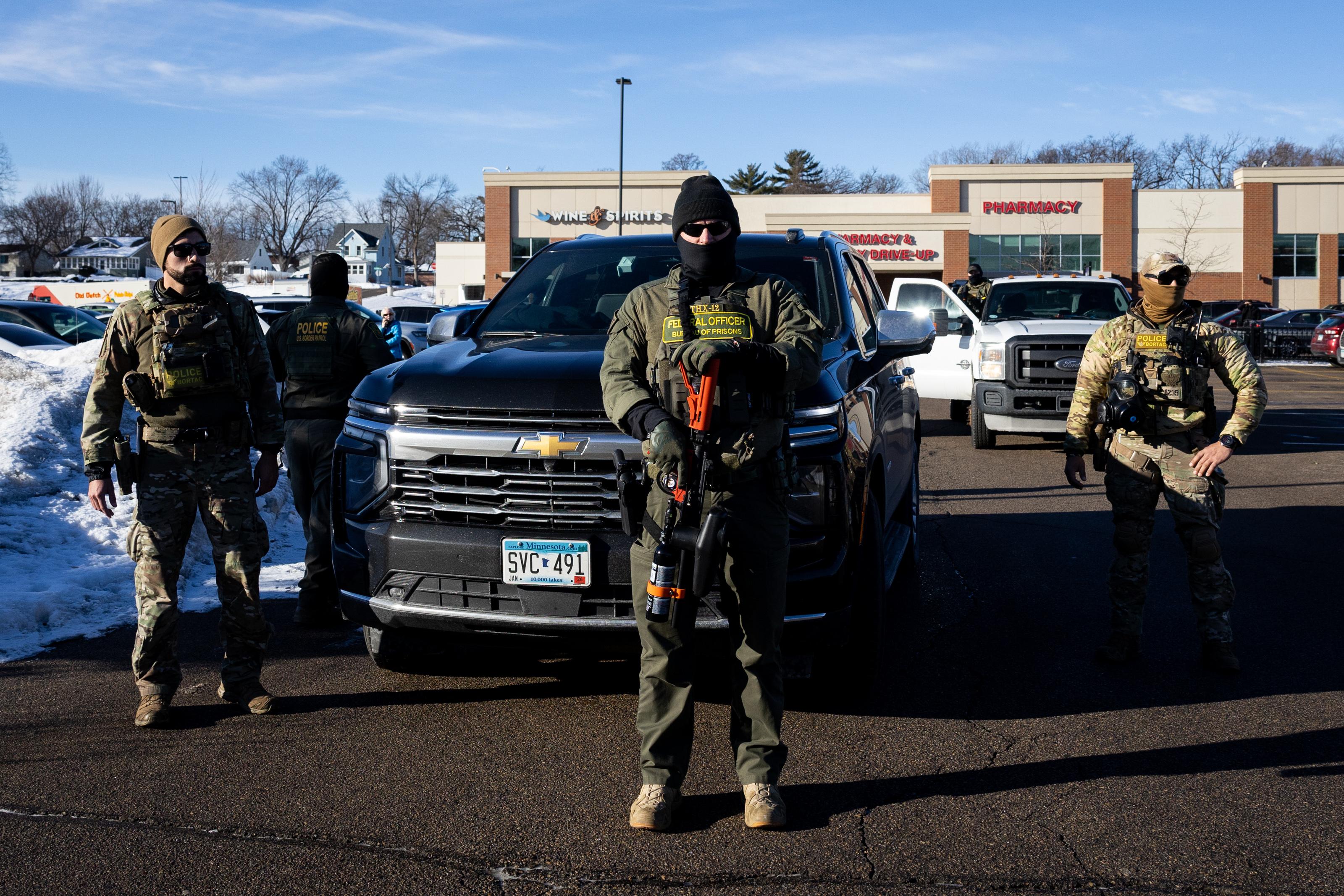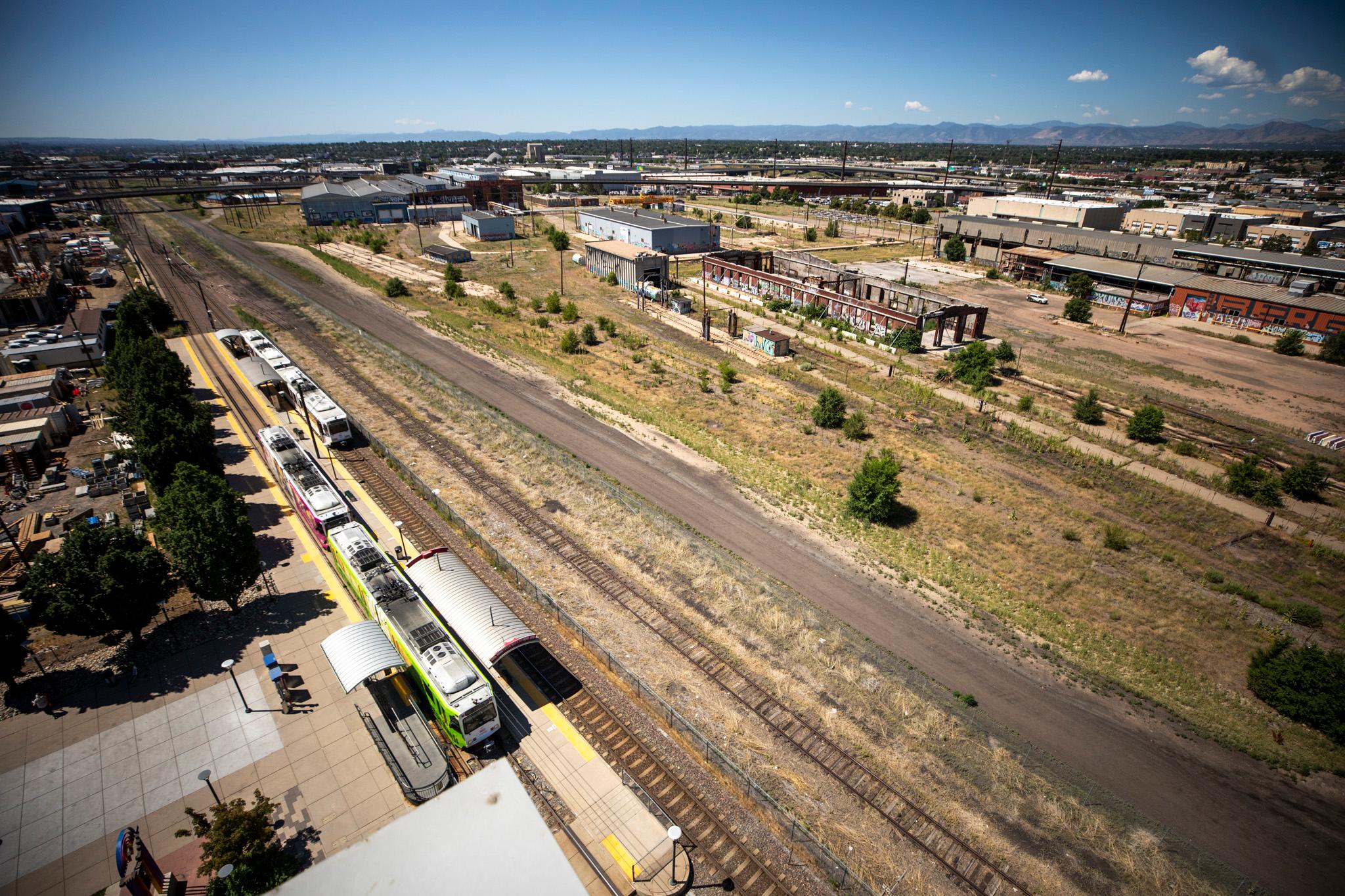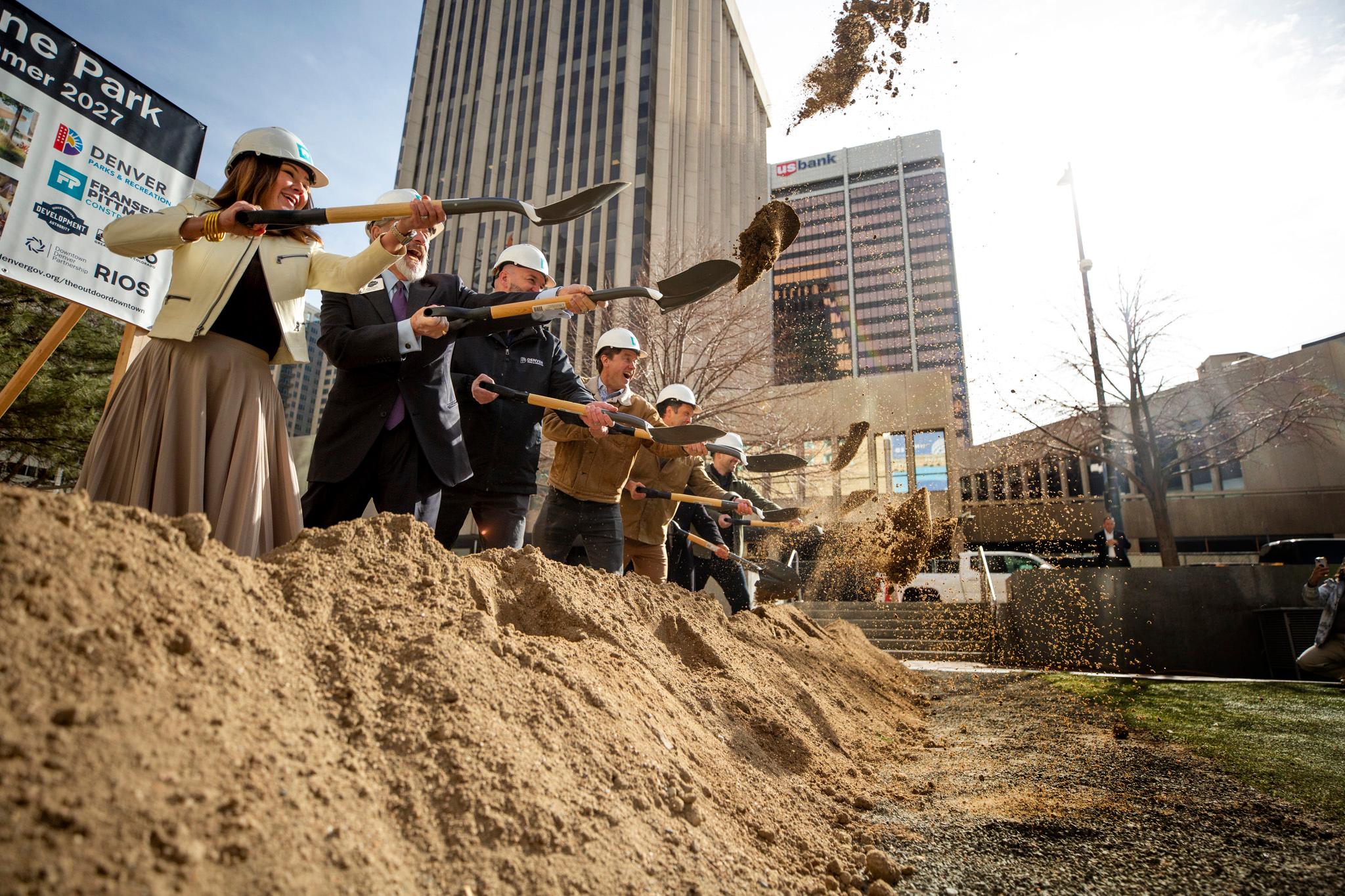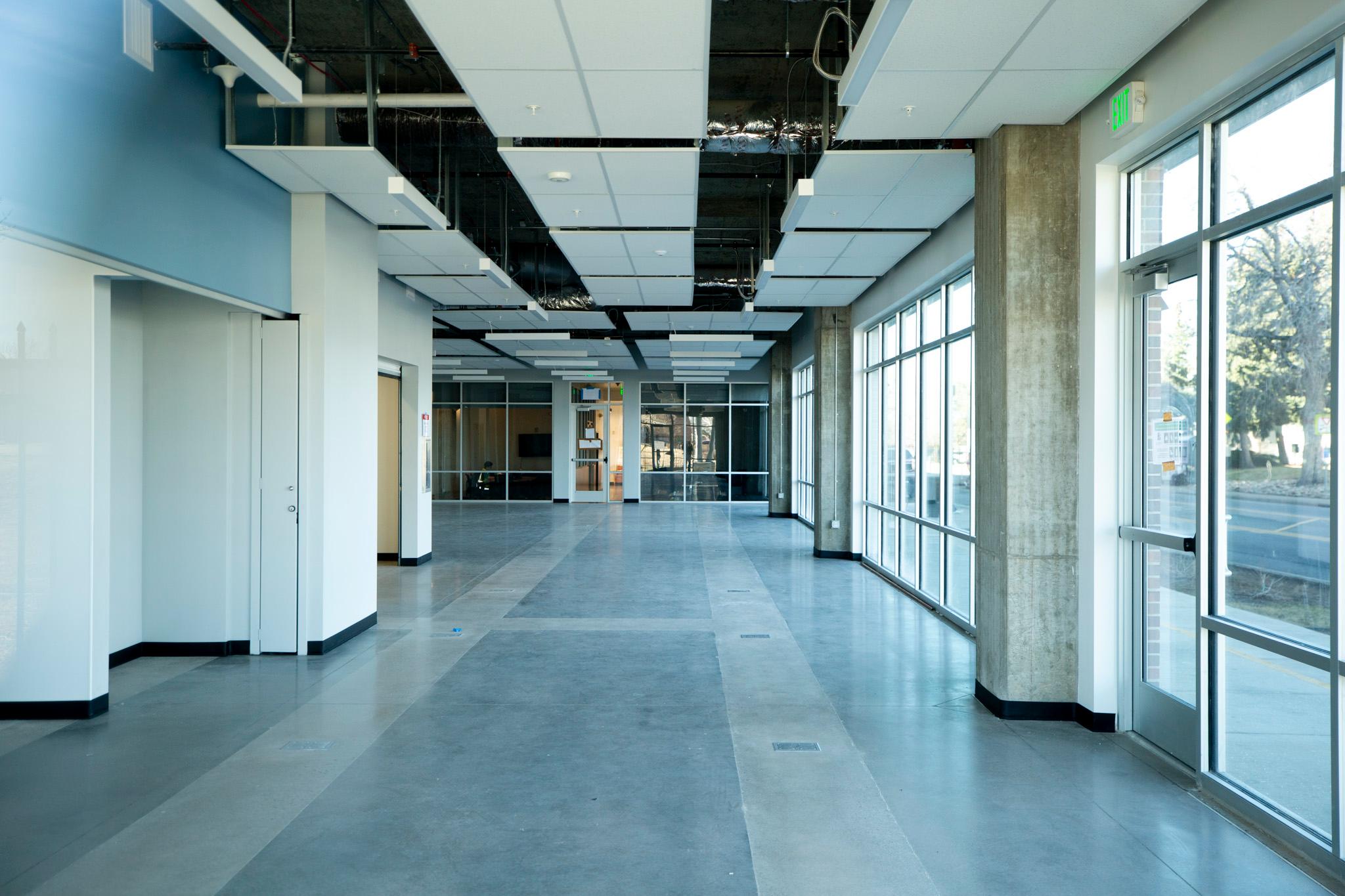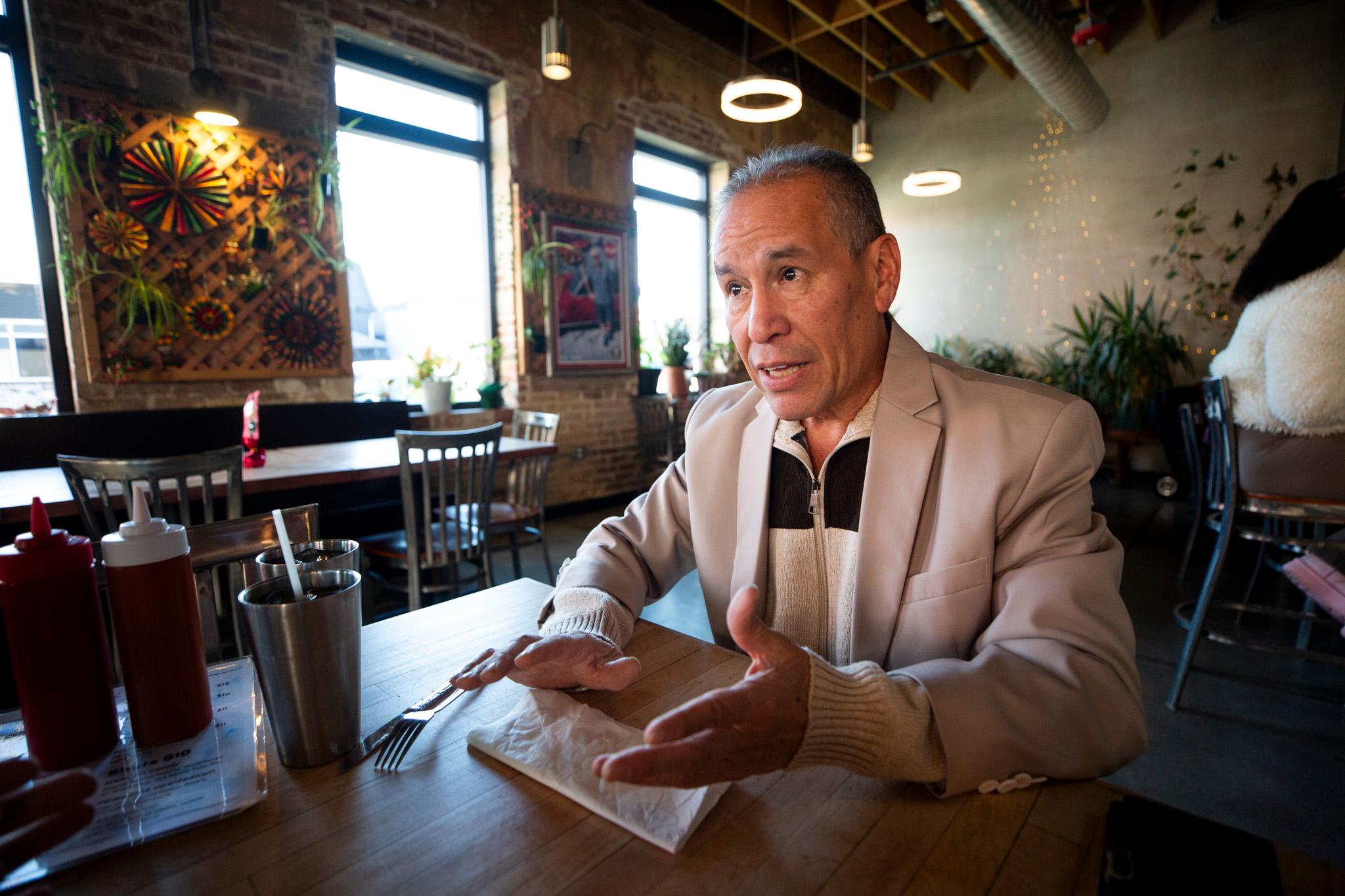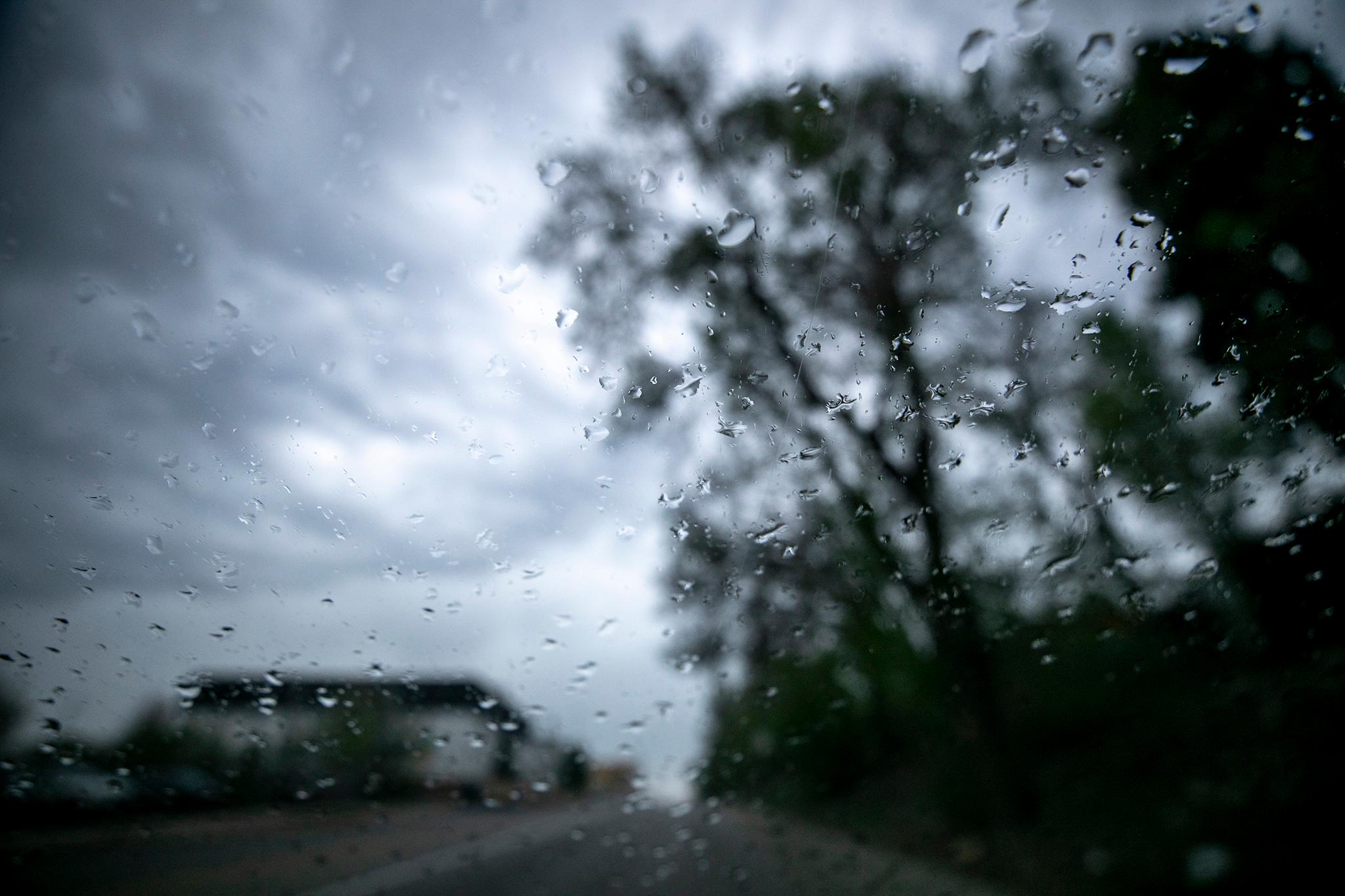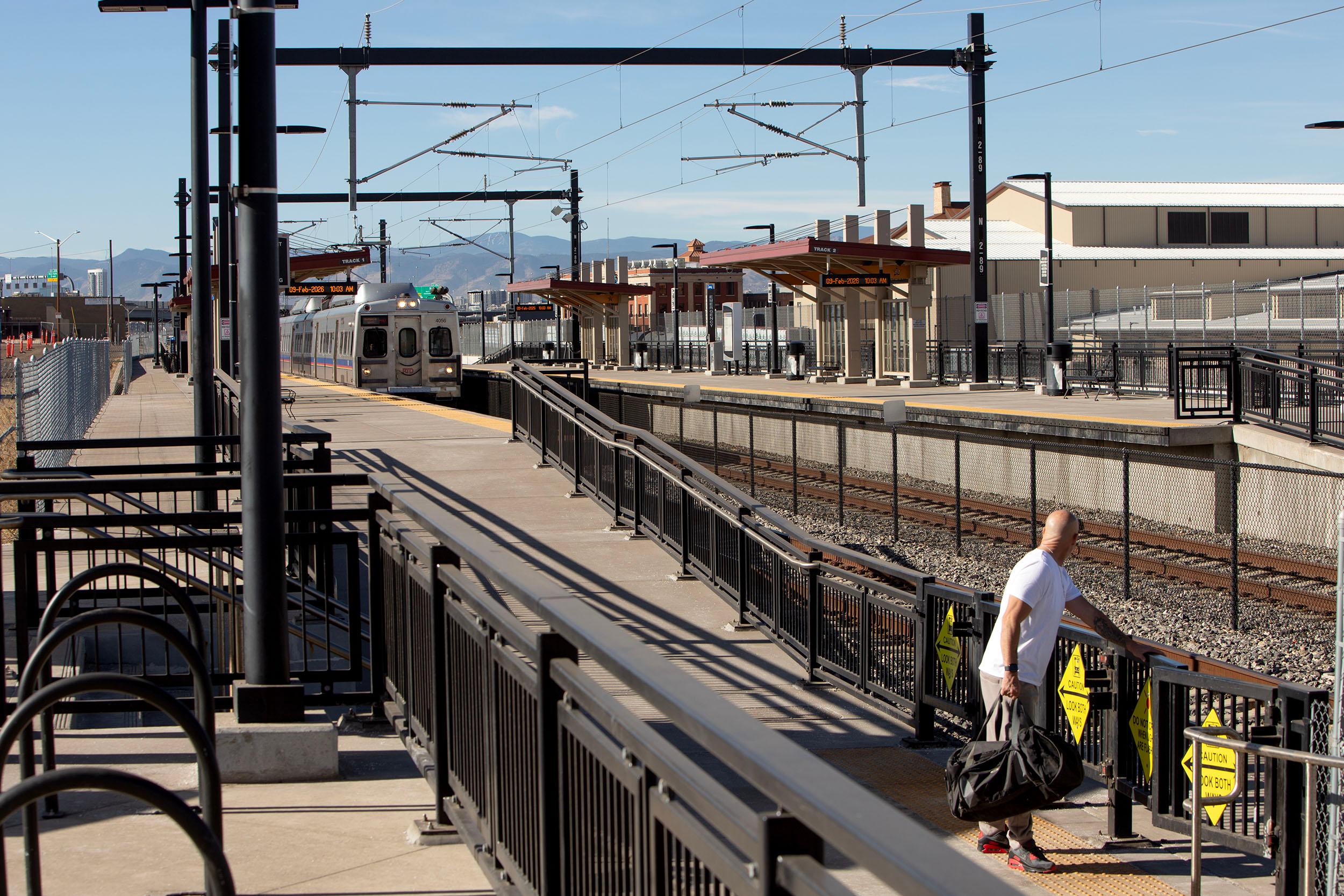Downtown Denver has been in rough shape for years, and city brass keep trying to fix it.
Office buildings sit empty. Storefronts are boarded up. Crime has been a perpetual problem. Construction on the 16th Street Mall is dragging.
On Monday, Denver Mayor Mike Johnston rolled out the city's latest public-private-partnership fix to the city center's safety woes, echoing strategies Mayor Michael Hancock experimented with over his 12 years on the job and that haven't exactly redeemed Downtown Denver's reputation.
Johnston's is a six-prong plan, a collaboration with the Downtown Denver Partnership, includes:
- Keeping people experiencing homelessness from camping downtown
- Creating "easy reporting;" a new app called Clean and Safe, a name that echoes the brand of Citizens for a Safe and Clean Denver, a critic of Johnston's housing-first approach to ending homelessness and an opponent of harm-reduction solutions to the drug crisis.
- Speeding up response times for intervening in everything from infrastructure issues to public drug use and crime.
- Appointing 650 Denver Ambassadors, a mix of city workers, private security, nonprofit outreach workers and others, to wear yellow vests and help residents.
- Money for people activating downtown called the Dynamic Downtown Denver Grants
- Business support throughout the city.
A lot of this replicates things that already exist.
The new app, Clean and Safe, is doing the work of 311 and 911, at least what they might be doing if they were efficiently functioning.
Uniforms to signal that city employees are helpful? Isn't that what cop uniforms are so often heralded as? Will a cop wearing yellow be trusted more than one wearing black? That's the hope.
Faster response times to emergencies is something neighborhoods citywide have clamored for, but pulling it off has proven difficult for the police department during its hiring woes. Somehow that will happen.
And the city has handed out grants to boost business before, and pop-ups have been popping up for years downtown -- and sometimes leaving. More of that is coming.
The city started aggressively tossing out lifesavers to Downtown during the pandemic, after restaurants closed, businesses shuttered and encampments spread.
There was the mid-pandemic All-Star Summer, when Major League Baseball's All-Star Game came to town, the city lifted its mask ordinance and social-distance requirements and businesses united around making Downtown cool when it had most recently been boarded up.
Then after Denver's Union Station bus terminal was described as a "lawless hellhole" by a transit driver's union head, Hancock worked with RTD on a major overhaul of the Union Station bus terminal and the surrounding area, resulting in hundreds of arrests and better lighting in the terminal.
After that, there was Mayor Michael Hancock's collaboration with federal attorneys on reducing gun crime downtown, part of a "compassionate crackdown."
Johnston spoke a lot about revitalizing downtown during his campaign. Over six months, he moved more than 1,000 unhoused people from tents, largely in the city center, to hotels and shelters citywide in an effort he called "House1000."
"We know those encampments were unsafe for the folks that were living there," Johnston said. "We know they weren't hospitable for the neighbors or the businesses that were trying to get to and from their daily actions of living. And so that's why we worked so hard to get now more than 1135 people off the streets and into housing and shelter."
Collaborating with the Downtown Denver Partnership is something of a pilot for partnerships Johnston said he hopes to mirror with other business districts citywide.
But his main goal, now that more than 1,000 people are indoors: "Keep downtown beautiful and safe."
Update: A spokesperson for the mayor clarified police will not wear yellow vests.

